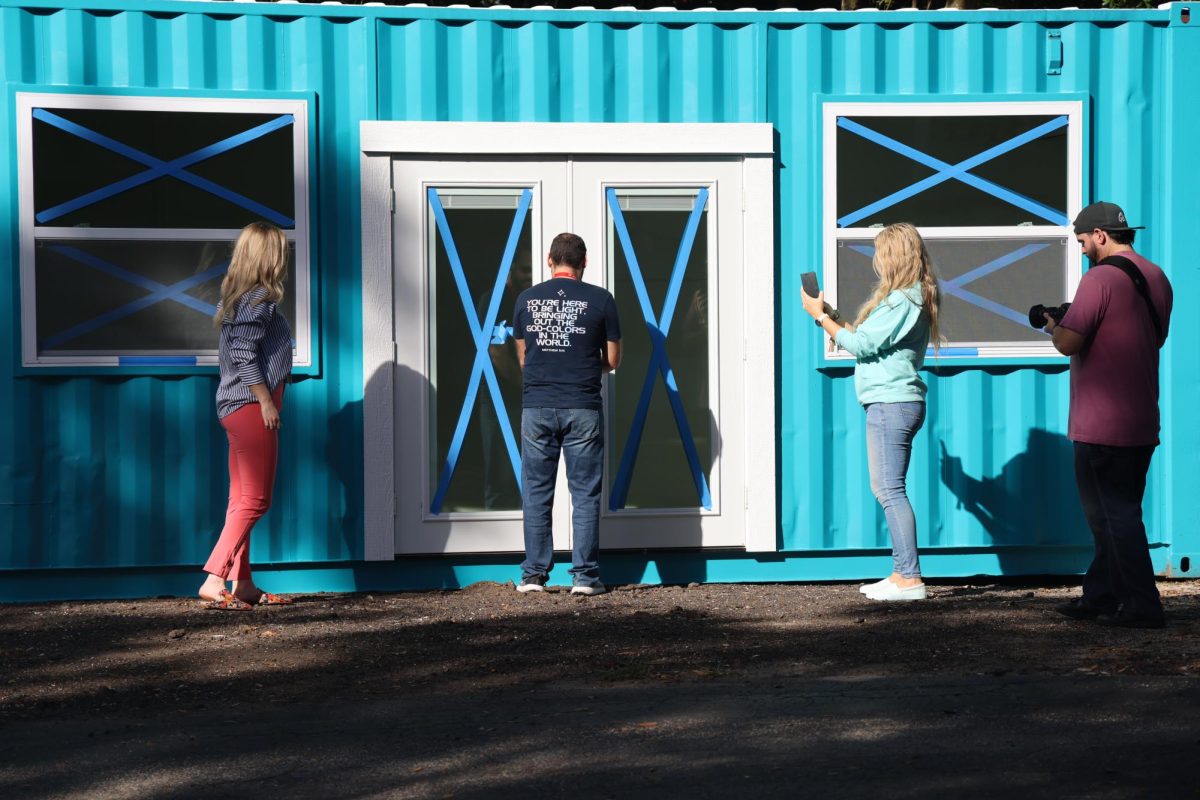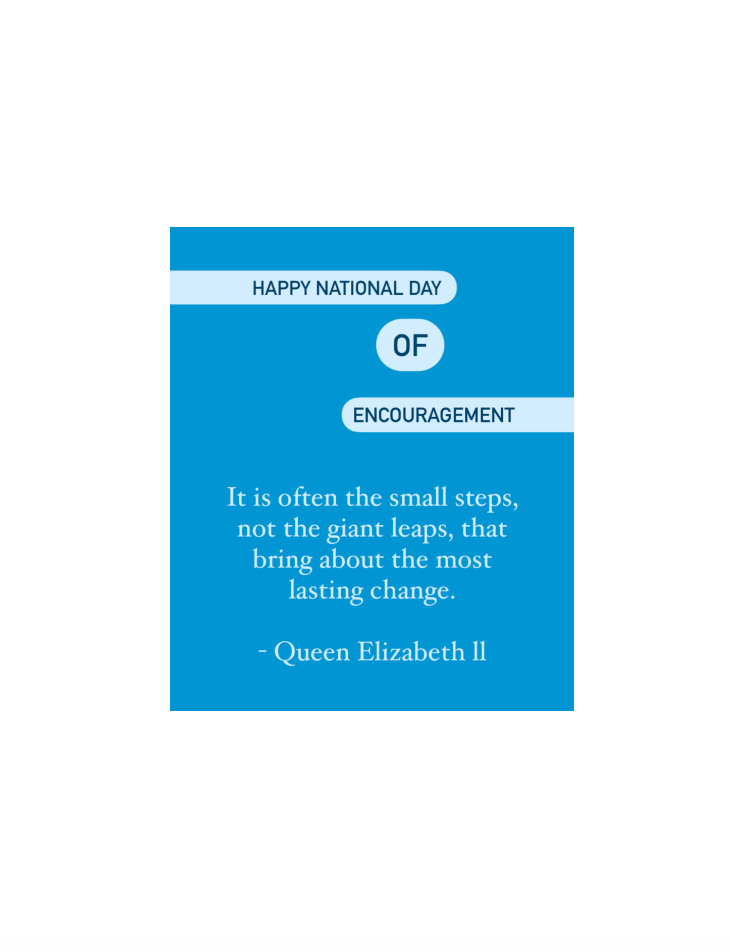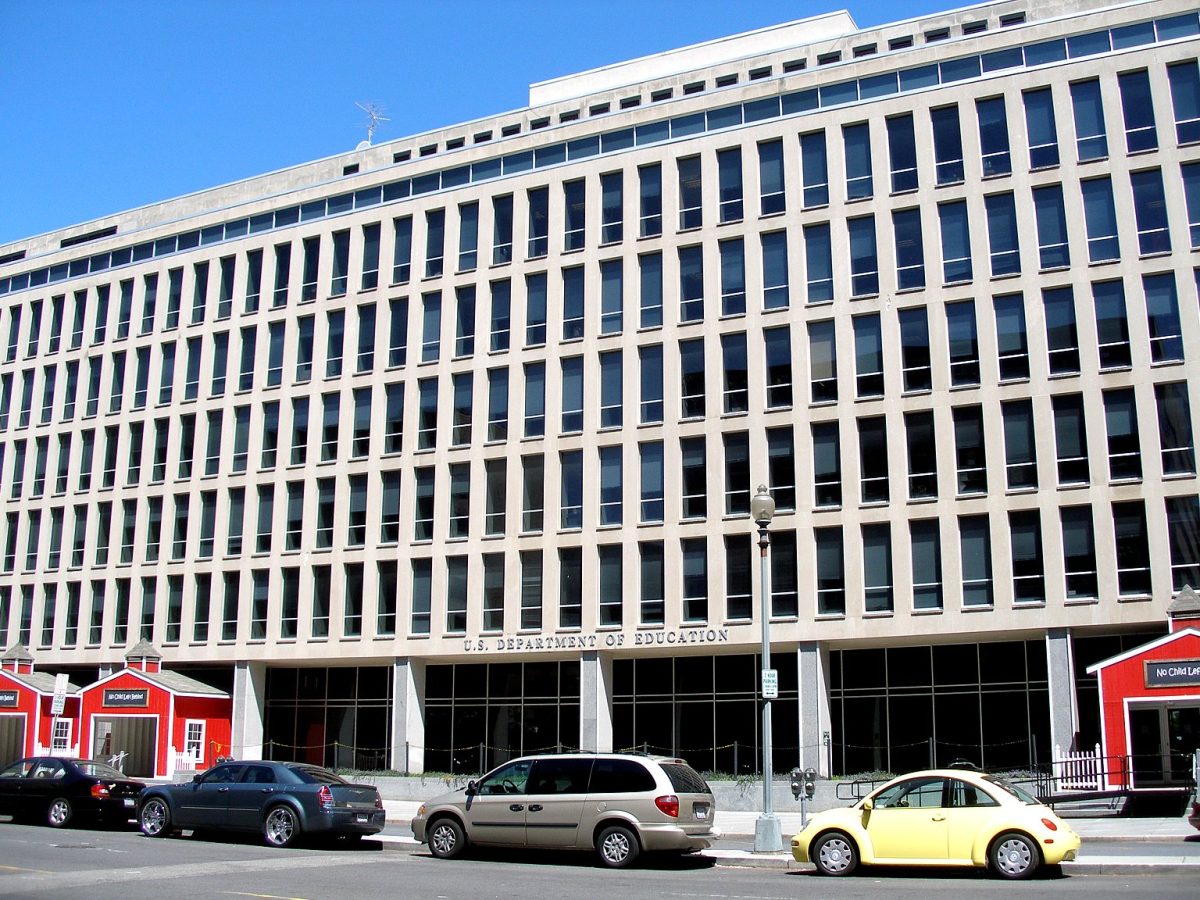The torrent of hardships surrounding the 2024–2025 FAFSA never ends; it seems as though scholars attempting to complete the vital document that serves as a financial lifeline to higher education for millions of students are met with delays and error screens at every turn of the way.
The 2024–2025 Free Application for Federal Student Aid, or FAFSA, has been delayed once more and is not expected to release financial aid information until mid-March. This announcement came on January 30th, the day before the Department of Education was originally supposed to release the aid information to students and institutions, delaying many college and university grant and scholarship rollouts as many schools rely on the Student Aid Index, the number calculated by the FASFA form, to determine students’ need for financial aid.
Following the announcement, the Undersecretary of Education, James Kvaal, released a short press release stating, “Updating our calculations will help students qualify for as much financial aid as possible. Thank you to the financial aid advisers, college counselors, and many others helping us put students first.” The feeling is not mutual.
Some institutions, short on time, have resorted to creating their own Student Aid Index calculators to determine the financial aid that their students qualify for so that they may provide timely aid information, not one month before college decisions are due. The University of Tampa is one such institution, sending an email to acceptees saying, “Due to complications and delays associated with the updated 2024–25 FAFSA, the University of Tampa has introduced the Student Aid Index (SAI) Calculator tool. This tool serves as a temporary alternative to the FAFSA, allowing UT to quickly determine the federal student aid you may qualify for.”
Institutions are not the only ones feeling the pressure caused by this delay; so do scholars, whose decisions hinge on the financial aid packages distributed by colleges and the department of education to enable students to survive under the crushing weight of the cost of higher education.
Brinn Marks, 12th Grade, is one such scholar. “The FASFA of being delayed will definitely make… me stressed out, even if March is the earliest [FASFA Releases]. I was planning on this happening around last year before Christmas. So I could be stress-free. But now, because of the delay, I’ve been sort of thrown out of the loop.”
Not even academic advisors have been able to stay in the loop. Diane Downer, academic advisor for One School of the Arts and Sciences, said, “I am frustrated because we should have decisions and answers months ago, so it’s frustrating for us counselors as well and not having to be able to advise scholars the way that we would have in years past.” I think it’ll affect decisions about what college kids are going to end up doing without knowing the financial outcome of their future. I also feel like it’s going to affect mental health because children are just in constant waiting now.”
For now, all scholars can do is wait and listen.








































